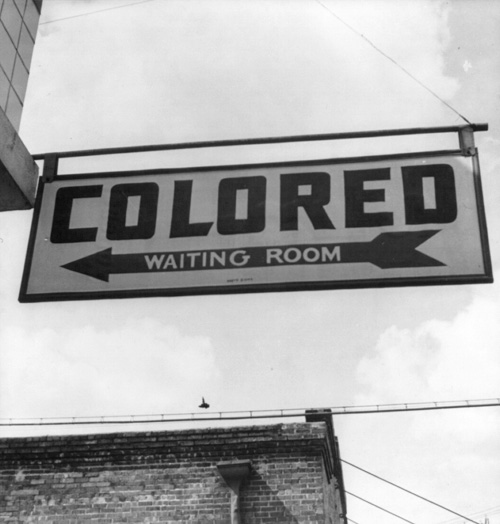My dad’s side of the family came to North America on a ship shortly after the Mayflower. The Scottish immigrants eventually rose to the middle class and epitomized the “American Dream” in search for prosperity and religious freedom in the New World.
Colorblindness
A few generations back, my mom’s side of the family came to the United States from Mexico. My grandmother tells childhood stories of working on the farm, the pain of growing up in poverty with tattered clothes and the expectation that she would not even finish high school — even and especially from her own parents who would not provide her school supplies and did everything in their power to keep her home. But by her own determination and the help of her then boyfriend and now my grandfather, she became the first in her family to earn a high school diploma.
When my grandfather would go to the movie theater with his friends, he would be shown to the back in the balcony seats, while the lighter-skinned kids were ushered to the main section of the theater. This seemed normal to him. It was how things were and, to him, had always been.
He told me how his cousin went to a segregated school where instead of teaching the Mexican kids math, science and history, they would instead teach them trades like housekeeping or landscaping.
As a white Hispanic, my heritage has helped me grow in my understanding of the dialogue about race in America, as I am the product of both the struggles of people of color and the historical privilege of racial majority.
For a long time I held to “colorblindness.” To me as a white person, I thought if perhaps we stopped seeing race, we could then reconcile the stains of the past and move forward. I did not realize my error until high school and began to look at my own life history.
greater system of inequality
Suddenly it clicked. I do not stand on my own. I stand upon generations of ancestors who came before me, went to school, had jobs and passed down their wealth and connections to their children until they passed it to me. My parents had the schooling to teach me math, science, history and literature, which gave me an educational advantage early on.
This does not mean I have earned nothing myself, that my children or myself one day will not go through financial struggles or face obstacles, nor does it mean I am inherently evil. Often we see statements of white privilege as an attack on our own personal character or accomplishments when it is not so.
If my family had not received that schooling, if they did not receive that chance to accumulate wealth over generations, it may not have been impossible to be where I am today but it would have been significantly more difficult.
Although this is only a small portion of the greater system of inequality, this realization has not brought me toward bitterness or shame, but has brought me to a broken heart towards this injustice and an acceptance of this privilege as a responsibility to speak out and actively work against it — and it is my hope that this realization leads others towards the same.







